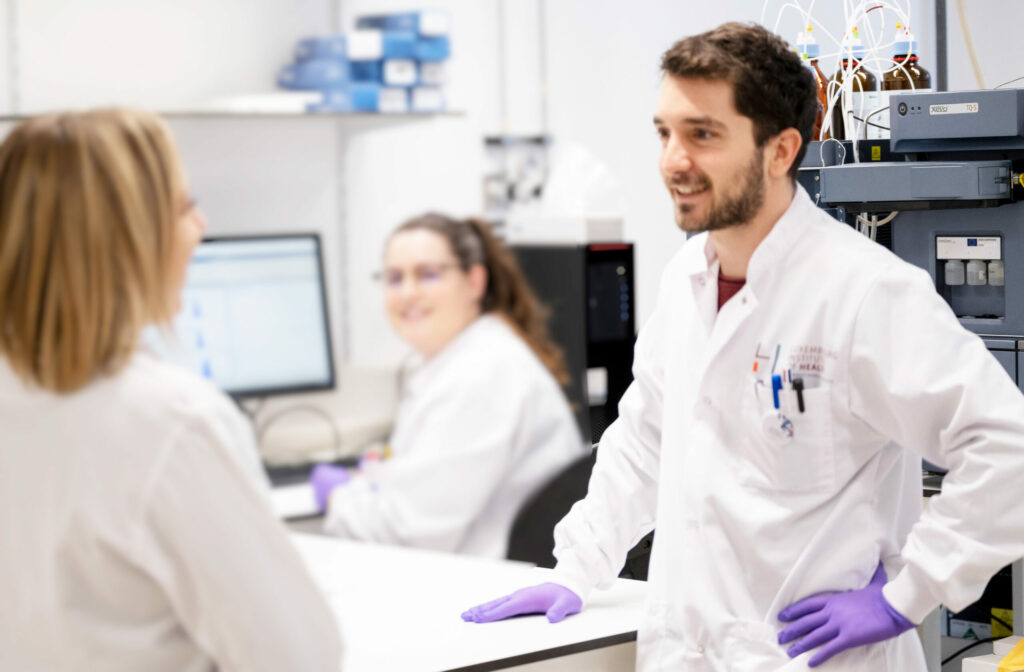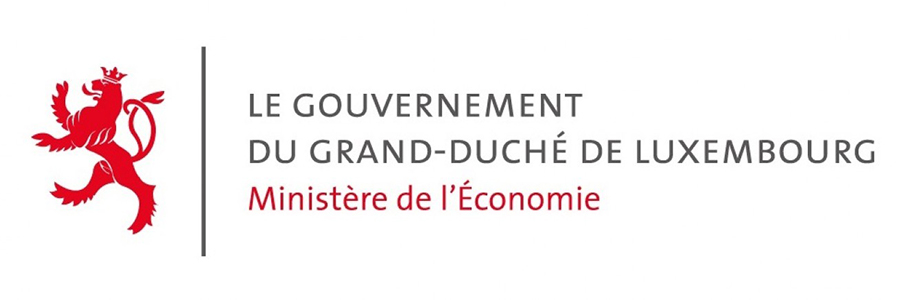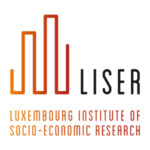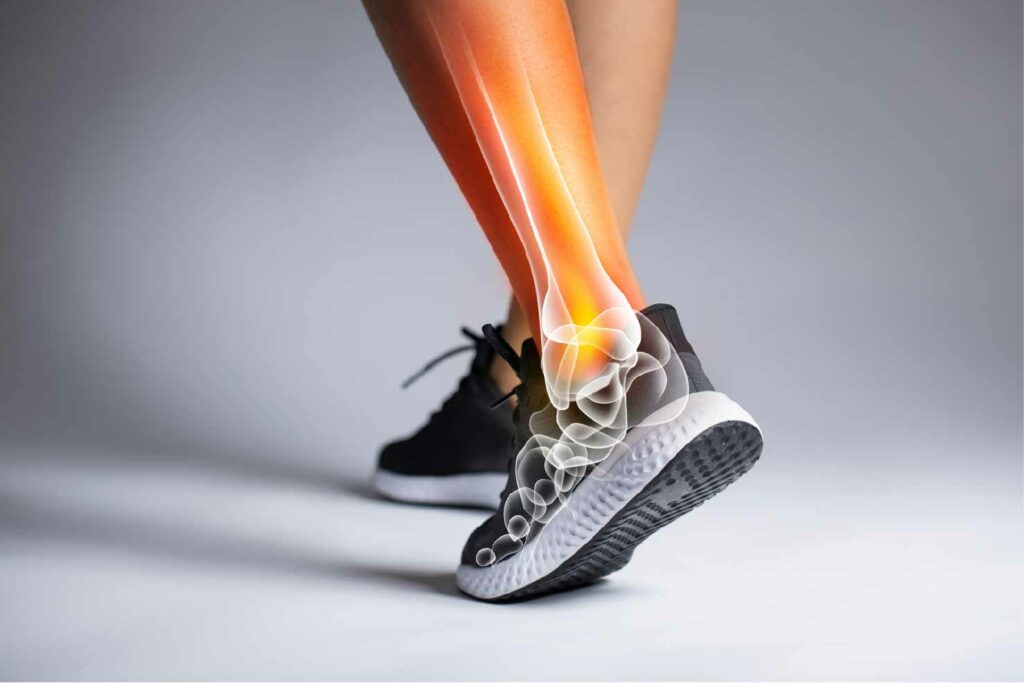
physical activity, sport & health
The Physical Activity, Sport and Health (PASH) research group aims to improve knowledge on the beneficial effects of physical activity on individuals’ health with and without disease and of any age, as well as on the mechanisms leading to the development of sports injury.
Main Research Topics
- Prediction and prevention of sport injuries (e.g. running-related injuries)
- Measurement of physical activity, sedentary behaviour, sleep and fitness in the general population, as well as in different therapeutic contexts (e.g. cancer)
- Identification of metrics derived from wearable physical activity monitors as digital biomarkers of individuals’ health
With its research, the Physical Activity, Sport and Health group aims to:
- Bring the lab to the field through the identification of promising wearable devices and meaningful metrics for human movement analysis and physical activity monitoring in real world conditions.
- Improve the understanding of the etiology of sports injuries, a prerequisite for the development of innovative evidence-based preventive measures.
- Make use of innovative Machine Learning methods and combine them with expert knowledge towards meaningful applications to analyse sports activity and prevent injuries.
- Develop new methods to describe the 24-hour physical activity patterns using raw accelerometry data and define multidimensional profiles constructed across the key physical activity dimensions.
- Investigate the dose-response relationships between physical activity dimensions and the progression of some diseases, their symptoms and the risk of relapse in specific population of patients (e.g. people with multiple sclerosis, diabetes, cancer).
Funding Support
Partners
Projects & clinical trials
Some of the group’s research projects include:
- Association between physical activity and the severity and trajectory of symptoms in patients with COVID-19
- Biochemical risk factors for running-related injury
- Accelerometry-based physical activity and their association with non-communicable diseases in Luxembourg
- Toward a better understanding of the relationship between shoe cushioning, impact forces and running injury risk
- Advanced analytical methods to assess physical activity behavior using accelerometer time series: A scoping review
- Time-varying residential neighborhood effects on cardiometabolic health – MET’HOOD
Featured team members
Scientific publications
-
National, regional, and global trends in insufficient physical activity among adults from 2000 to 2022 – 01/08/2024
-
‘Let me recommend… ‘ – 31/07/2024
-
Associations of movement behaviours and dietary intake with arterial stiffness – 27/07/2024
-
Longitudinal study of changes in greenness exposure, physical activity and sedentary behavior in the ORISCAV-LUX cohort study – 21/05/2024
-
Local retail food environment exposure and diet quality in rural and urban adults – 01/05/2024
-
Multicomponent (bio)markers for obesity risk prediction – 08/03/2024
-
Running-Related Injuries Among More Than 7000 Runners in 87 Different Countries – 16/11/2023
-
Gait asymmetry in spatiotemporal and kinetic variables does not increase running-related injury risk in lower limbs – 07/12/2023
-
Ten-Year Changes in the Physical Activity and Sedentary Behaviors of Adults – 21/08/2023
-
Reference Values and Determinants of Spatiotemporal and Kinetic Variables in Recreational Runners – 19/10/2023
Related News

Job vacancies
-
Internship in Epidemiology & Physical Activity (Master students only) (JF/INT0924/LMBP/PASH)
Department of Precision Health – Physical Activity, Sport & Health
-
Internship in Sports Medicine (Master students only) (JF/INT1024/LM/PASH)
Department of Precision Health – Physical Activity, Sport & Health

































